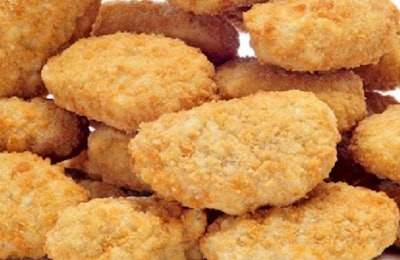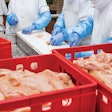
New Zealand-based poultry company Tegel Foods reported growth in volume and revenue for the first half of fiscal year 2018, but it is also investing in expansion projects to enable further sales growth.
Financial results
While issuing its interim report for FY 2018, Tegel Foods reported that its poultry volume for the six-month period ending October 23, was 48.7 metric tons, an increase of 0.8 percent when compared to the same period of FY 2017. The company also reported a revenue of NZ$302.3 million (US$207.6 million), an increase of 2 percent.
However, the company’s net profit after income tax was NZ$14.8 million (US$10.2 million), a decline of 2.3 percent.
Investing in growth
In its interim report, Tegel Foods stated that it has commenced an expansion at its hatchery in New Plymouth and it has acquired land and building adjoining its current feed mill, also in New Plymouth. That acquisition, the company stated, will allow it to expand capacity at the site and help the company meet its growth aspirations.
The company is also investing in the promotion of its free-range poultry offerings.
Tegel Foods stated that it has recognized a greater demand for free-range chicken, and it is responding to the demand.
“The most recent campaign focused on bringing to life our free-range offering,” the company stated. “For the first time, we have started to tell our farming story. By giving an insight into our farming practices and animal welfare, we are providing greater transparency and are continuing the journey to enhance understanding of poultry farming as beign cage-free, no added hormones and New Zealand Raised. Tegel poultry is bred and raised on over 130 farms around New Zealand. We’re incredibly proud of our farmers and we enjoy a close working relationship. Together, we produce poultry in a sustainable way with a minimal impact on the environment.”


















